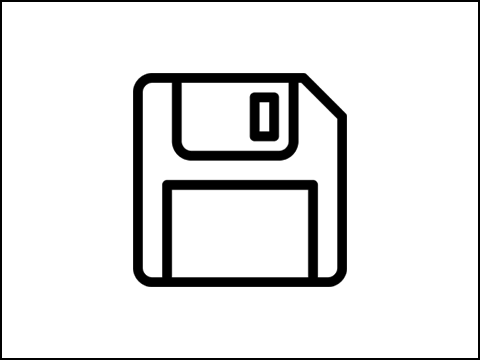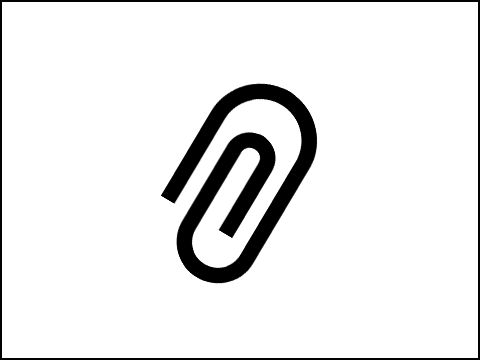The amended law now provides that all obliged entities must register electronically with the FIU, independently of whether they wish to report a suspicion (§ 45 subsection 1 sentence 2 GwG). The duty to report any suspicions applies, regardless of whether the obliged entities must provide evidence of specific risk management activities or are actually required to comply with due diligence requirements.
The new GwG – What are the changes?

Image: © Murrstock - stock.adobe.com
New Money Laundering Act (GwG)
The most important changes provided for by the new Money Laundering Act are outlined below (this is not an exhaustive list!):
Duty to register electronically with the FIU
Data protection
Due diligence requirements for goods traders, art agents and art store keepers
Due diligence requirements for real estate agents
Politically exposed persons
Electronic transparency register
Definition of financial companies
Registration of service providers for companies and trust property and trustees
Provisions for fines


